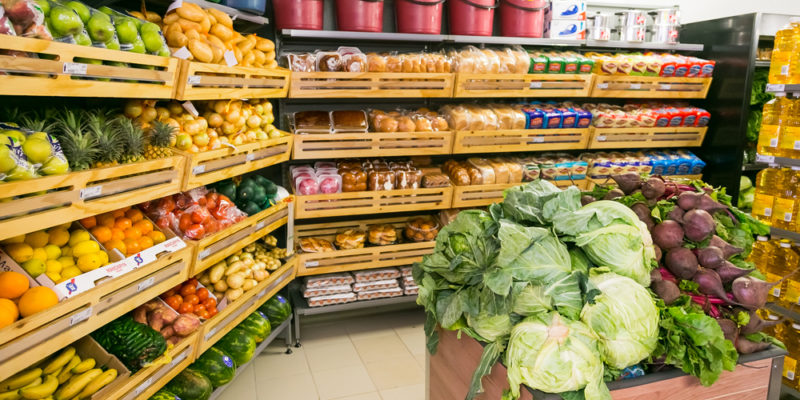Coffee, a beloved beverage enjoyed by millions worldwide, is not just a drink; it’s an experience, a ritual, and for many, a passion. With an overwhelming variety of coffee types available, discerning which coffee type is considered the best quality can be a daunting task. This article delves into the nuances of coffee quality, exploring the factors that contribute to it and identifying the coffee types that are often regarded as the crème de la crème.
Understanding Coffee Quality: The Basics
Before we can determine which coffee type is the best quality, it’s essential to understand what constitutes coffee quality. Coffee quality is typically assessed based on several criteria:
- Origin: The geographical location where coffee is grown significantly impacts its flavor profile. Different regions produce beans with distinct characteristics due to variations in climate, altitude, and soil composition.
- Processing Method: The way coffee beans are processed after harvesting can influence their taste. Common methods include washed (or wet), natural (or dry), and honey processing, each imparting unique flavors and aromas.
- Bean Variety: The species of coffee plant also plays a crucial role. Arabica and Robusta are the two primary species, with Arabica generally considered superior due to its complex flavors and lower caffeine content.
- Roast Level: The degree to which coffee beans are roasted affects their flavor. Light roasts tend to preserve the bean's original characteristics, while dark roasts can introduce smoky, bitter notes.
- Freshness: Freshly roasted coffee beans yield the best flavor. Coffee begins to lose its quality shortly after roasting, making freshness a key factor in determining quality.
The Coffee Types: A Closer Look
Now that we have a foundational understanding of coffee quality, let’s explore some of the coffee types that are often regarded as the best in terms of quality.
- Specialty Coffee
Specialty coffee is often hailed as the highest quality coffee available. Defined by the Specialty Coffee Association (SCA), specialty coffee must score 80 points or above on a 100-point scale during a cupping evaluation. This category encompasses a wide range of single-origin coffees, often sourced from specific farms or regions known for their exceptional beans. Specialty coffee is meticulously cultivated, harvested, and processed, ensuring that only the best beans make it to market.
- Single-Origin Coffee
Single-origin coffee refers to beans sourced from a specific region, country, or even a single farm. This type of coffee allows consumers to experience the unique flavors and characteristics of a particular locale. For instance, Ethiopian Yirgacheffe is renowned for its floral and fruity notes, while Colombian coffee is celebrated for its balanced flavor and mild acidity. The traceability of single-origin coffee often enhances its perceived quality, as consumers appreciate knowing the exact source of their brew.
- Arabica Coffee
While Robusta coffee is more widely produced, Arabica coffee is often considered the gold standard in quality. Arabica beans are known for their smooth, complex flavors and lower acidity compared to Robusta. They thrive at higher altitudes, where cooler temperatures contribute to their nuanced flavor profiles. The best Arabica coffees, such as those from Jamaica Blue Mountain or Hawaiian Kona, are highly sought after and can command premium prices.
- Cold Brew and Nitro Coffee
In recent years, cold brew and nitro coffee have gained popularity, particularly among younger consumers. Cold brew is made by steeping coarsely ground coffee in cold water for an extended period, resulting in a smooth, less acidic beverage. Nitro coffee, infused with nitrogen gas, offers a creamy texture and a unique drinking experience. While these methods do not necessarily indicate superior quality, they showcase the versatility of coffee and cater to evolving consumer preferences.
Factors Influencing Perception of Quality
While the types of coffee mentioned above are often regarded as high quality, it’s important to note that individual preferences play a significant role in determining what is considered the best. Factors such as brewing method, personal taste, and even cultural influences can shape one’s perception of coffee quality. For instance, a coffee enthusiast may prefer the bright acidity of a light roast, while another might favor the boldness of a dark roast.
Conclusion: The Quest for Quality
In the world of coffee, the quest for quality is both subjective and multifaceted. While specialty coffee, single-origin varieties, and Arabica beans are often considered the best quality, the ultimate decision rests with the consumer. Exploring different types of coffee and understanding the factors that contribute to their quality can enhance your appreciation for this beloved beverage. Whether you’re a casual drinker or a dedicated connoisseur, the journey to discover the best coffee type is a rewarding experience that invites exploration and enjoyment.


